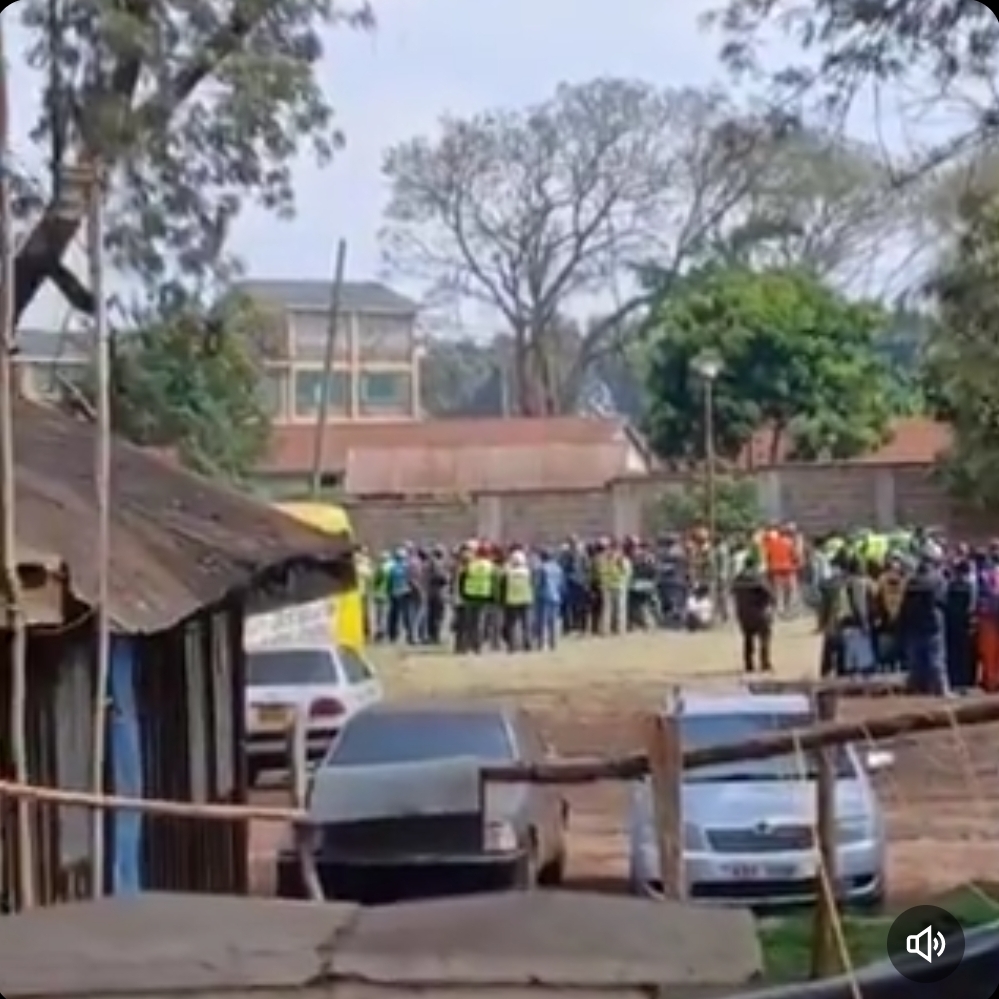At Kabete Police Station, a group of boda boda riders had gathered.
Among them were individuals from Kawangware and Kangemi, neighborhoods known for their tough, streetwise residents.
The atmosphere was tense but purposeful, as these riders were not just there for routine discussions.
Rumors had been circulating that this meeting was orchestrated to plan disruptions for tomorrow’s peaceful protests.
The leader of the group, a well-known figure in the boda boda community, stood up to address the crowd.
He spoke with a commanding voice, outlining strategies that could turn the peaceful demonstration into a scene of chaos.
His words were met with nods of agreement and murmurs of approval.
The riders, many of whom were struggling to make ends meet, saw this as an opportunity to make a quick buck, despite the moral implications.
As the night grew darker, the discussions became more animated. Some of the men boasted about their past exploits, reminiscing about previous protests they had disrupted.
They shared tactics, from blocking main roads to inciting panic among protestors. There was an undeniable camaraderie among them, bound by a shared purpose and a promise of financial gain.
However, not everyone in the group was entirely on board. A few of the younger riders looked uneasy, their faces betraying their uncertainty.
They had joined the meeting out of curiosity and peer pressure but were now grappling with the reality of what was being planned.
As the discussions continued, a quiet debate was happening in their minds, weighing the need for money against their conscience.
The meeting concluded with a final rallying cry from the leader, urging everyone to be ready at dawn.
As they dispersed into the night, the boda boda riders from Kawangware and Kangemi knew that tomorrow would be a pivotal day.
They had the power to influence the protest, for better or worse, and the choices they made would echo through the streets of Nairobi.


